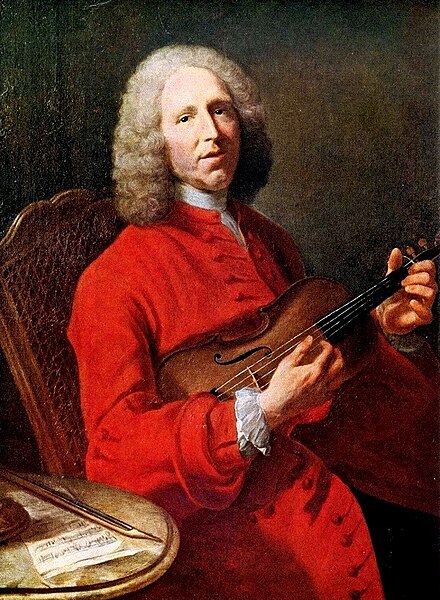Opéra comique is a genre of French opera that contains spoken dialogue and arias. It emerged from the popular opéras comiques en vaudevilles of the Fair Theatres of St Germain and St Laurent, which combined existing popular tunes with spoken sections. Associated with the Paris theatre of the same name, opéra comique is not necessarily comical or shallow in nature; Carmen, perhaps the most famous opéra comique, is a tragedy.
Poster for Carmen, probably the most famous opéra comique
André Grétry, the most famous composer of opéra comique before the French Revolution
Title page of the first edition of the full score of Médée by Cherubini, 1797
French opera is both the art of opera in France and opera in the French language. It is one of Europe's most important operatic traditions, containing works by composers of the stature of Rameau, Berlioz, Gounod, Bizet, Massenet, Debussy, Ravel, Poulenc and Messiaen. Many foreign-born composers have played a part in the French tradition, including Lully, Gluck, Salieri, Cherubini, Spontini, Meyerbeer, Rossini, Donizetti, Verdi and Offenbach.
The Salle Le Peletier, home of the Paris Opera during the middle of the 19th century
Jean-Baptiste Lully, the "Father of French Opera"
A performance of Lully's opera Armide at the Palais-Royal in 1761
Jean-Philippe Rameau, the eighteenth-century innovator







